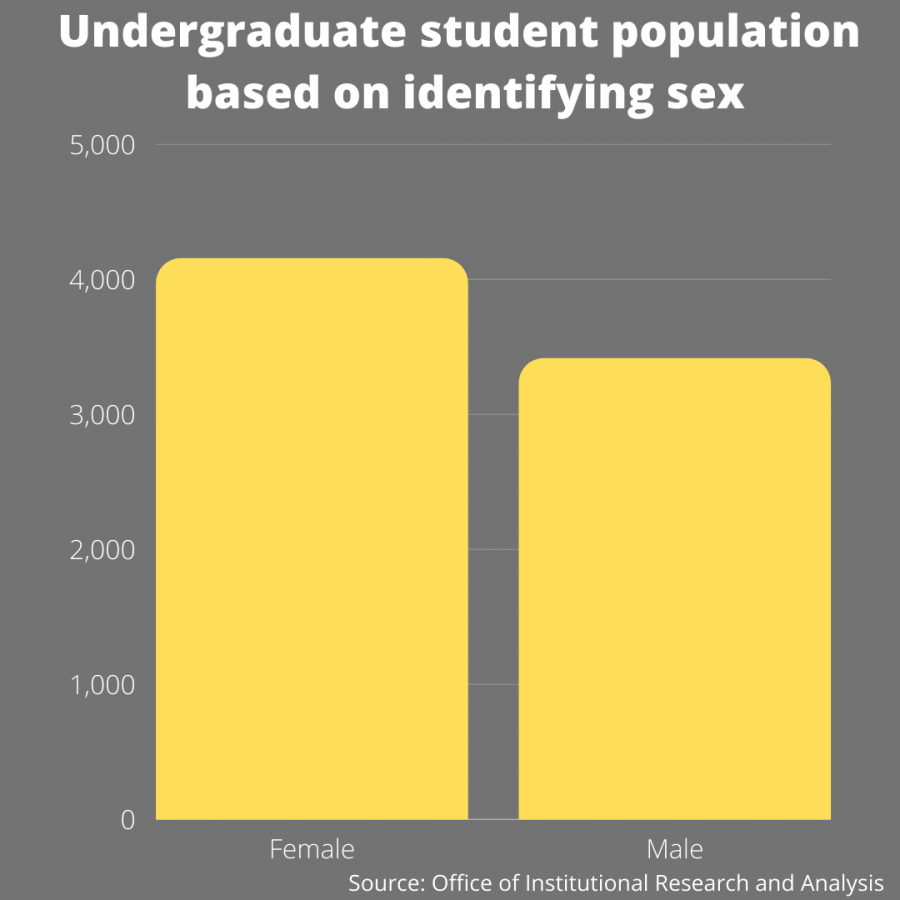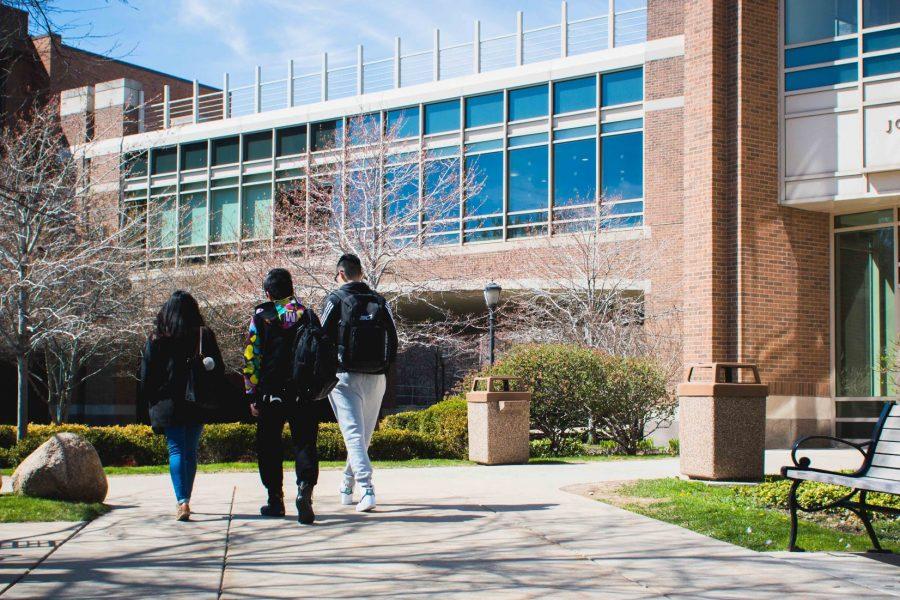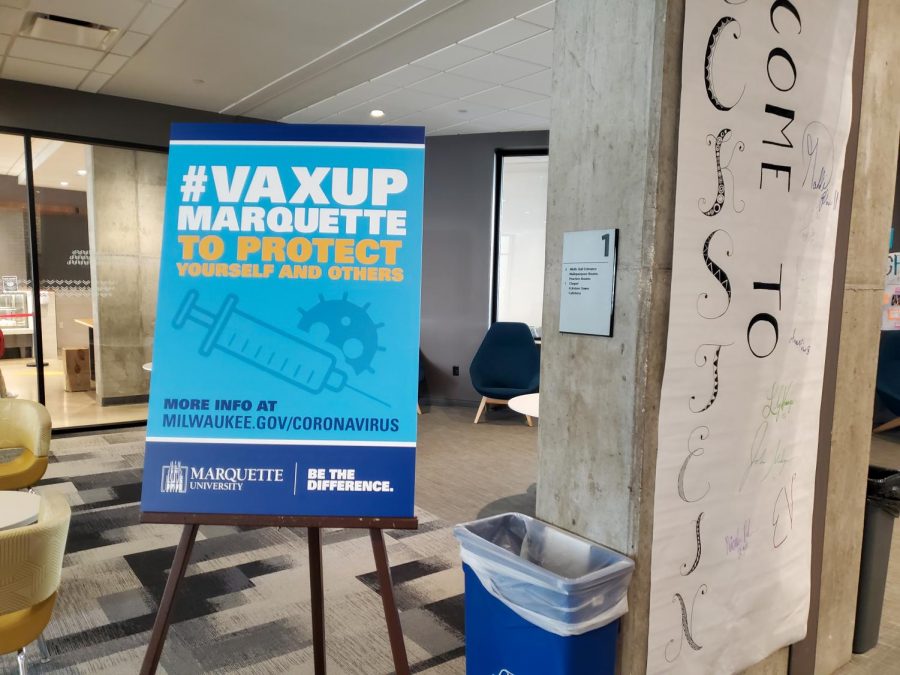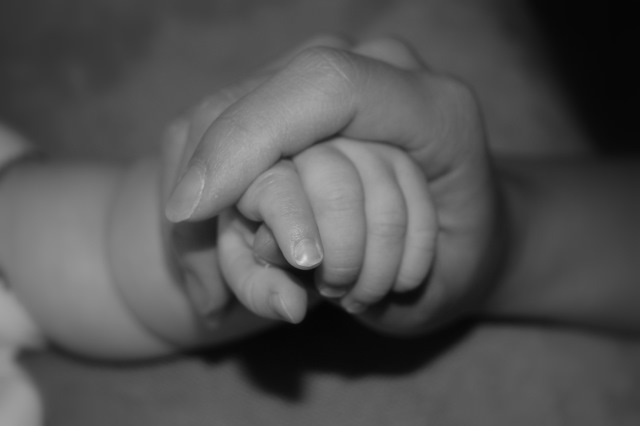While Marquette University is making efforts to celebrate Women’s History Month, it must make efforts to improve women’s experiences and amplify voices on campus.
Women’s History Month takes place during the month of March and seeks to commemorate and encourage the study, observance and celebration of the vital role of women in American history. Each year since 1995, the president of the United States has passed a resolution declaring that Women’s History Month take place in March.
Before the U.S. established a national, month-long recognition of women’s roles and accomplishments, Marquette was making efforts to make roots in women’s history.
In 1909, Rev. James McCabe, S.J. was the first Marquette administrator to admit women to the university. With plans in place to open a summer school, McCabe allowed religious women to enroll as well, granting them the education necessary to staff parochial schools throughout the state of Wisconsin. His bold action in enrolling women – establishing Marquette as the first Catholic institution of higher education to admit both men and women – has been followed by over a century of bold actions on the part of men and women to further the mission of the university.
This year, the university announced different events focusing on women’s success, such as the Women’s Innovation Center hosting an event for women in STEM and SBE (small business enterprise) fields March 11, as well as the Institute for Women Leadership hosting seminars on “research and resilience” and pay equity.
The Center of Engagement and Inclusion is also celebrating Women’s History Month through different events around the theme “Expression of All Womanhood.” Some of these events include moderated discussions, film showings and reflections covering topics like intersectionality in the workplace, stereotypes of women and politics of identity and skin color.
I am proud that Marquette takes the initiative to celebrate Women’s History Month. However, the university can do better.
While hosting different events for Women’s History Month is a positive step toward creating more spaces and conversations around women’s issues, not everyone has to attend these events.
The university needs to make additional changes that will positively impact all women on campus.
For example, Marquette should improve upon its female representation among university leaders, as University President Michael Lovell only has two women in his cabinet.
According to the Office of Institutional Research and Analysis, there are 4,155 undergraduate students who identify as female and 3,414 undergraduate students who identify as male as of the spring 2021 semester. This trend is similar for students in graduate schools at Marquette, with 2,161 students identifying as female and 1,378 students identifying as male.
Considering there are currently more female than male students at Marquette, it is concerning that there are only two women that are apart of Lovell’s cabinet, as men’s voices are disproportionately represented in the decision-making process for a predominantly female campus.
Part of Women’s History Month is acknowledging all that women do to uplift, protect and strengthen our community. The lack of gender diversity within the president’s cabinet shows that Marquette is not necessarily practicing what they preach.
Additionally, as of 2020, there were 656 faculty or staff members who identified as male, compared to the 601 faculty or staff members who identified as female.
While male faculty and staff may be just as supportive and helpful as their female counterparts, it is less likely they will be able to share in lived experiences with female students.
Being a woman at Marquette, in Milwaukee and in society comes with its challenges. It is likely that a female student has been catcalled on the street, objectified by her peers and even overlooked by a professor in favor of a male student at least once during their time at Marquette.
This inequity is something women have to live with and have to learn to navigate in order to achieve their goals and be successful. This is wrong, and while hosting a few events to discuss these challenges is a positive step, it is not enough.
Women cannot begin to be equitably represented and supported on campus if they are not represented at the administrative and faculty level. Marquette must be intentional in including women’s voices in issues that directly impact them. This is necessary for students to have their voices and issues advocated for.
Without doing so, the focus on women’s issues will be reduced to a single month, rather than on creating an inclusive environment for women throughout campus.
This story was written by Hope Moses. She can be reached at [email protected]









